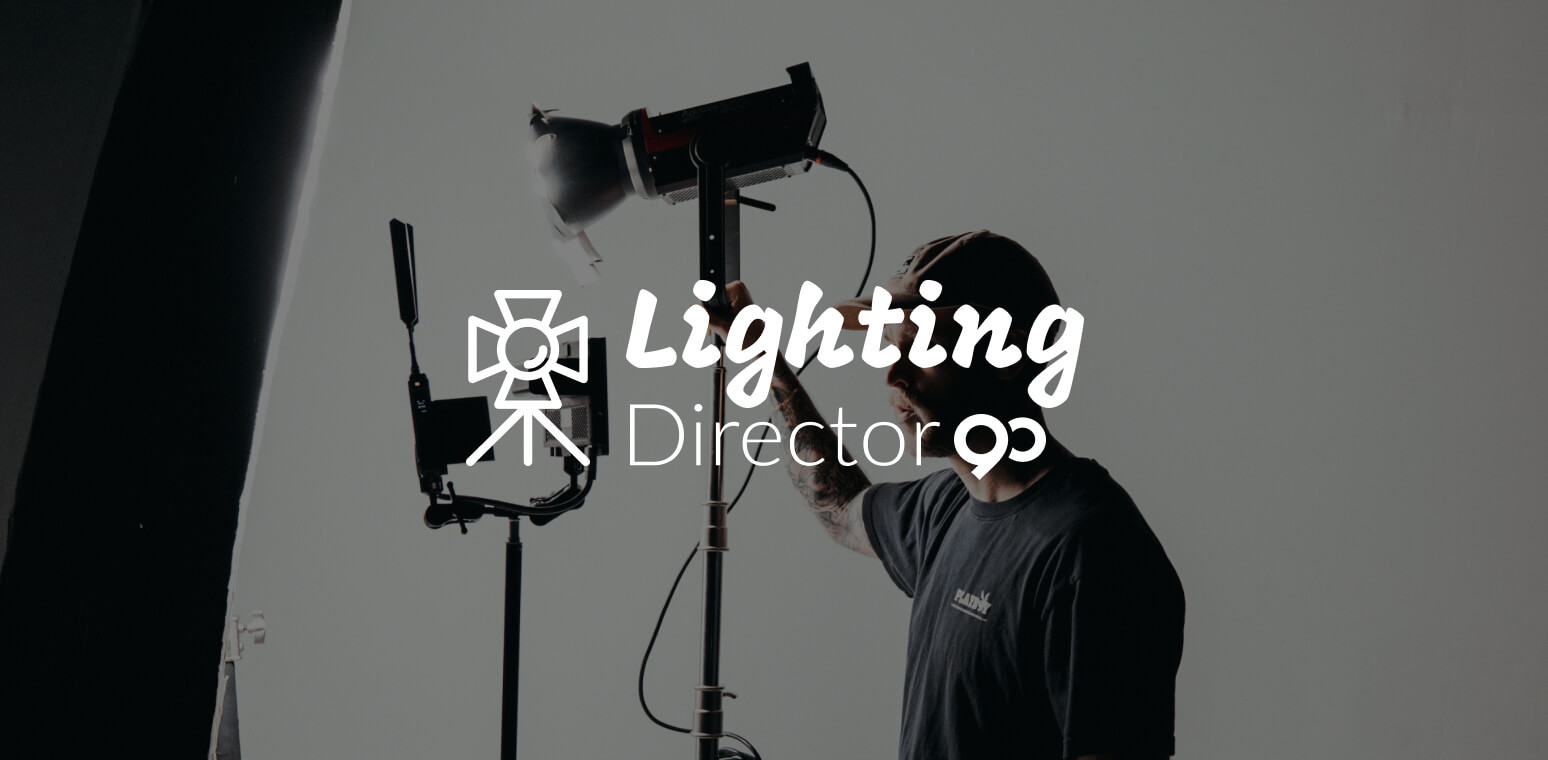Hi,
Get in touch with us today to chat about your next project.

Becoming a Lighting Director requires a combination of technical expertise, creative vision, and strong communication skills. If you aspire to work in this role and shape the visual aesthetics of film and video productions, here are some steps you can take.
Start by familiarising yourself with the fundamental principles of lighting in film and video production. Learn about different types of lighting equipment, their functions, and how they contribute to creating specific moods and atmospheres on screen. Study lighting techniques used in various genres and styles of filmmaking.
Consider enrolling in film or media production programs that offer courses in lighting and cinematography. These programs can provide you with a solid understanding of the technical aspects of lighting, exposure, colour theory, and composition. Additionally, workshops, seminars, and online tutorials can help you further develop your skills.
Seek opportunities to work on film sets, student productions, or independent projects as a lighting assistant or grip. This hands-on experience will allow you to observe and learn from experienced Lighting Directors, gaffers, and key grips. Pay attention to their techniques, workflow, and problem-solving approaches. As you gain experience, take on more responsibility and gradually work your way up to assuming the role of a Lighting Director.
Create a portfolio showcasing your lighting work. Include samples of projects you have worked on, emphasising your ability to create different moods and atmospheres through lighting. Showcase your understanding of collaboration with directors and cinematographers to achieve the desired look. A strong portfolio will help you demonstrate your skills and attract potential employers or clients.
As a Lighting Director, effective communication is crucial in collaborating with directors, cinematographers, and the rest of the production team. Develop strong interpersonal skills to convey your creative vision, understand and interpret the director’s intentions, and communicate lighting requirements to your crew. Clear communication fosters a collaborative and efficient working environment.
Becoming a Lighting Director is a journey that requires a combination of technical proficiency, artistic sensibility, and effective collaboration. With dedication, hands-on experience, continuous learning, and a strong portfolio, you can establish yourself as a skilled Lighting Director in the dynamic field of video production.